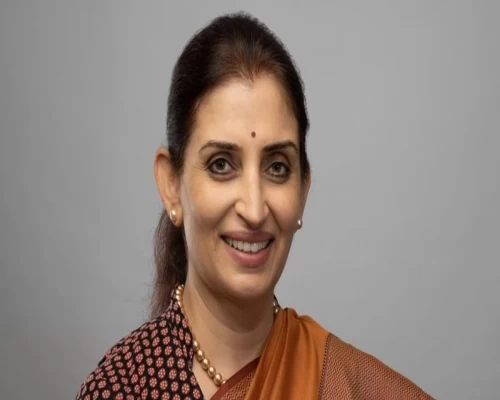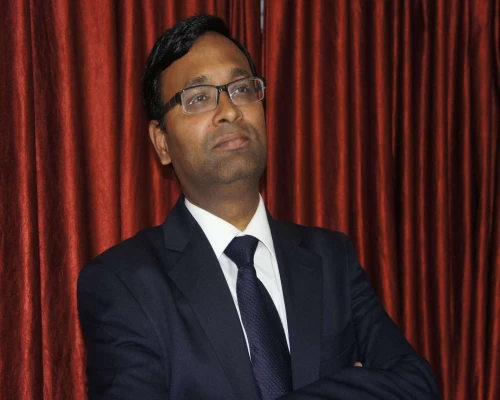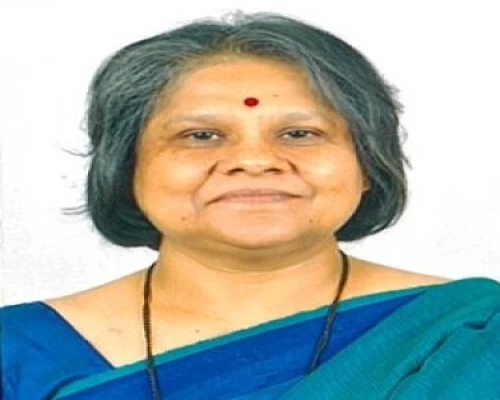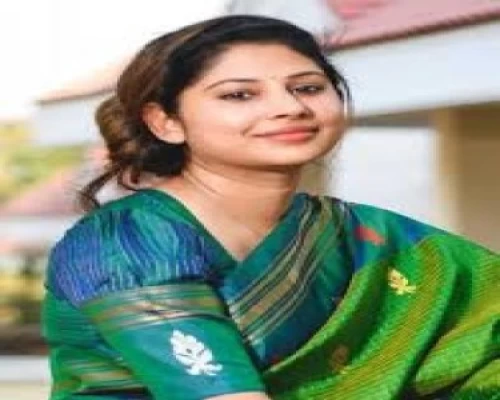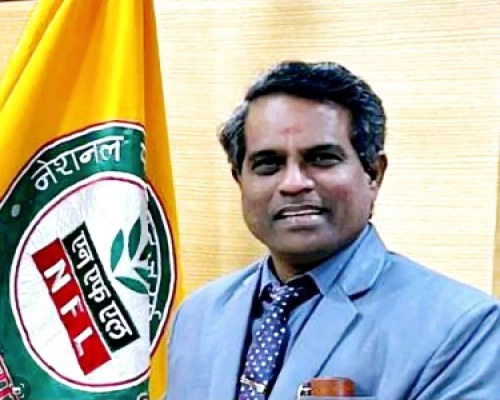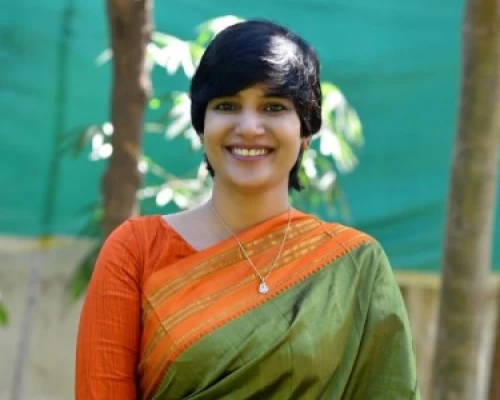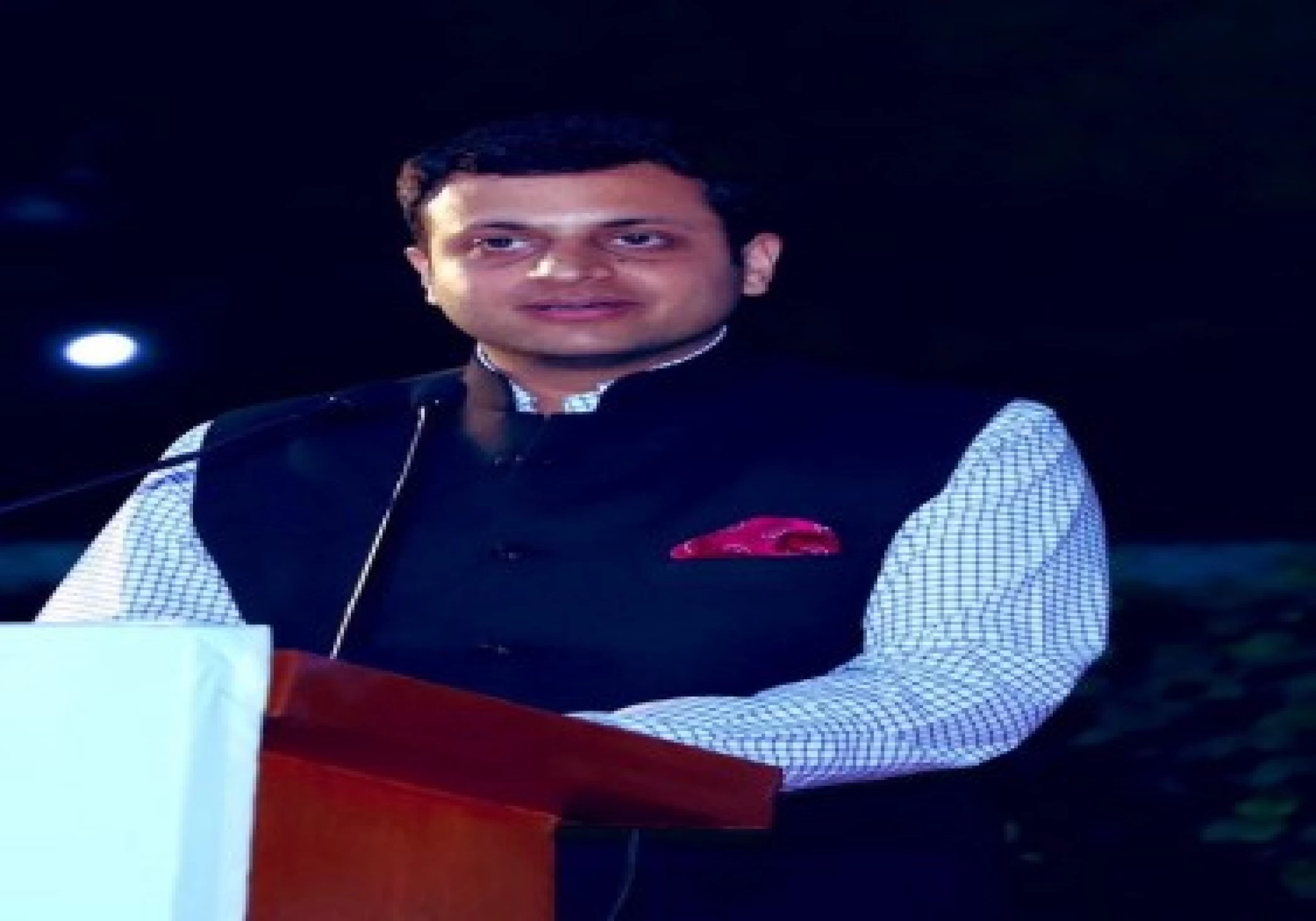
An alumnus of NALSAR University of Law, Hyderabad and Masters in law from Oxford University (UK), Vikramaditya Singh Malik admits that he chose Civil Services as a career to serve the people and make a positive impact on their lives. “Serving the people by making a positive impact on their lives was one of the key reasons for me to join the Civil Services,” said Malik, who practiced law at the Supreme Court of India before venturing into the country’s most prestigious segment of bureaucracy.
In an exclusive interview with Naina Jha of Bureaucrats India, Vikramaditya Singh Malik, who was first posted for District Training at Varanasi where he served in various capacities, including that as SDM Rajatalab, and as Chief Operating Officer (COO), Varanasi Smart City Limited, shares his ideas to serve the people through the IAS, with effective use of the given knowledge base. He said that one should not join the Civil Services just because it comes with certain privileges and prestige but with the intent to serve the people. He also shared how bureaucrats have other facets to their personality and use those to connect with the people on the field. Read the full interview:
What aspect of your job do you enjoy the most?
Frankly speaking, the canvas is so wide that you can do so many things at one time. For example, as an SDM, my main job is to ensure law and order and do revenue related work, including holding Court. Apart from these, I am also tasked with election-related work, disaster management, and supply related work. Apart from these five, here in Bijnor, I also have the charges of a Development (Regulated) Authority, and Survey related work that requires fixing the boundary between two Districts. So I get to work on a wide canvas both in rural and urban areas. There are other issues we have to address as well. For instance, in the riverbed areas of the Ganges, thousands of acres of land were in people’s illegal occupation where they were doing sugarcane farming. We have been able to clear those lands of illegal occupation, and the sugarcane has been attached and auctioned, adding up to the Government treasury to the tune of over Rs. 50 lakhs. All this, just by having the right intent.
From the Regulated Authority, we have adopted six schools which needed a complete overhaul. We are remodelling these schools under the Operation Kayakalp run by the Government of Uttar Pradesh in convergence mode. So I feel the canvass is so wide that one person with the right intention can do so many things and bring changes in so many areas. Whatever comes my way, I try to learn, adapt and contribute in the best possible way.
How did the idea of Bikes of Bijnor come to your mind?
During my initial days as Joint Magistrate here at Bijnore, I was visiting the remote areas of my Sub Division during post-monsoon flooding. That is when I saw 250-300 abandoned bicycles lying inundated in water at a police post at the border with Uttarakhand. Upon inquiring, I was informed that these belonged to the migrant labour from the Covid-19 pandemic last year, who deserted them on their way from Uttarakhand, Haryana and Punjab to their homes in eastern UP and Bihar, as they were sent via special trains and buses once they reached Bijnor. After I came back to the headquarters, I spoke to the DM about those cycles, and we worked out a plan to execute a waste to wealth, public bike sharing program. Although my previous national and international exposure might have helped in this idea, but the concept of waste to wealth hadn’t been executed so far. We started getting in touch with the migrant labour to gain ownership over these cycles, and engaging local mechanics to repair the cycles, and the rest is history!
Help us to understand how challenging it is to work for the government given the enormity of tasks at hand.
One of my mottos is -- the devil lies in the detail. So if you do something just for the heck of it, you will end up doing something but neither would you learn properly nor would you be able to do justice to it. I feel you really need to get into the details of each and every aspect and then see how you can streamline every process within the entire system. For instance, for remodelling the schools under Operation Kayakalp, one option is to rely on what the engineers have prepared and proceed. The other, is to go into every little detail of the DPR and see how your intervention in every little detail can make a difference. The first one is an oft-adopted easier option. The second one is detailed-oriented and likely to require additional efforts which transcend a 9-5 job thought process. Similarly, for the Bikes of Bijnor project, we worked out every little detail before execution. It took our team a good 4-5 months of daily meetings twice a day to make it possible.
What is your take on governance?
I think governance has undergone a sea change over the years. Earlier the idea of governance was that the people would come to you. Now, we are going to them. It was a reactive form of governance earlier, which has now become more proactive. Every form of governance has its own pros and cons. The proactive form of governance seems to have more positives than negatives as of today. It exposes the governance set up much more to the people which again has its own set of positives and negatives. One positive I would say is that people’s expectations have risen, which pushes civil servants to constantly upgrade their skill sets and work harder. With the advent of social media, people can just tag the concerned departments in one tweet saying something has not been done, and the department would be pushed to respond. So accountability has increased. That means we have to work really hard.
Technology has played a key role in enhancing transparency and efficiency in governance. Do you think futuristic technology including artificial intelligence will play a significant role in executing government welfare programs?
Definitely, Yes! I feel technology has an important role to play. However, we have to understand the fact that technology is not the whole and sole kind of solution. It has to be a mix and match of efficiently employing technology at the right places. If technology is used to reduce human discretion where it is not required, it is a good thing. For example, in Varanasi Smart City, we had an Integrated Command and Control Centre where we were effectively using technology for Solid Waste Management, Traffic management, monitoring of the challan system, advanced surveillance systems, etc. This was used to improve governance in a manner that didn’t attract privacy concerns and was infusing efficiencies in the entire systems. Similarly, use of technology has had an important role to play in effective Covid management in UP. Hence it had multi-pronged benefits. Artificial Intelligence is a welcome step provided it is used at the right places.
What are some of the changes that you would wish to see in bureaucracy?
Many organisations like the NITI Aayog come up with a compendium of good practices. We can have more platforms where effective discussions and brainstorming sessions can take place and we can learn from each other’s experiences. It would be good to upgrade our skill sets and knowledge base in a collective manner. We need to understand that we are in the service for making the right impact with the right kind of work. A lot of times, it is not about one or two big things that we do but a lot of times, it is only about small processes or systems that we infuse. These few small things will really help in infusing efficiency and effectiveness in our service.
What are the lesser known facts about bureaucracy in India?
One fact is that civil servants actually work very hard. A lot goes into the final product, and most of the efforts are those that are not visible, but really add up to make systems work. I can definitely talk about UP cadre because I belong here. All officers work very hard, even round the clock, stretch their work hours to ensure good governance. However, many times the impression is that it is a very privileged sort of life, which is often misleading.
Do you feel that people have a lot of expectations from Civil Servants?
Sardar Patel called the services the “Steel frame of India” for certain reasons. One of them, is that people repose a lot of faith in civil servants and have expectations for justice and righteousness. Some months ago, some newspapers did a survey on the most trusted institutions amongst the general public. And out of many posts like the District Judge, DM, SSP, SDM, medical officers, etc you will be surprised to know that DM/Collector came out to be the most trusted institution at the District level, across India. At the grassroots level, people still look up to the DM and Collector to seek justice and get their problems solved.
When did you realise you wanted to join Civil Services?
While practicing as a lawyer, I felt that in the Civil Services, there work involves fire-watching, as opposed to fire fighting in the judicial set up. It means that as a lawyer, one was mostly addressing events after they had already taken place, whereas you can shape many events through the services. There is a lot of scope for social impact work. While working with the law firm, I realised that I was working only for myself and for a limited set of clients. That is when I realised I wanted to do something which has a larger impact.
How easy or difficult was it to adapt to Civil Services and how did you reorient yourself?
It was not very difficult. We have a two-year training period. Once we clear the exam, we go to LBSNAA, Mussoorie for a year and then we have District Training for another one year and then we have sessions with the academy for a month and a half after that. So during the training, they give you good insights through other officer’s experiences and the curriculum that they develop. They give you an orientation on how to go about the next thirty years of your service career.
Tell us about your family.
I come from a family of Civil Servants. My father has been an IAS officer. My sister is also an IAS officer, and brother in law, an IPS officer. My mother is an author.
What are your hobbies and do you get time to pursue it?
I like sports. I have been a national level tennis player. I played cricket at Oxford. On a daily basis, I try to go out for my run which is my kind of meditation. Apart from that, whenever I get time, I play tennis and squash. In Bijnor, I have picked up badminton, which I try to play every alternate day, if not daily. Apart from that, since my mother is an author, reading comes very naturally to me. I also like traveling.
What is the best compliment that you got in your short span of service?
The biggest compliment is when people come to you and tell you that they have heard about you being impartial and honest and they know they would get justice from you. So that is satisfying and a compliment in itself.
Last but not the least, what will be your message for the aspiring Civil Servants.
It’s one of the best jobs in the country. Don’t just take it as a job. It’s one of the best utilization of your knowledge base and your passion you have for serving the country. So try to get into it with all your heart and hard work. Nothing substitutes hard work and the harder you work, the luckier you get. Please enter the services with the right intentions. Do it for making a positive impact in the lives of people and not just because it's a job that comes with a certain amount of prestige or privilege. Do it as a service to the nation.


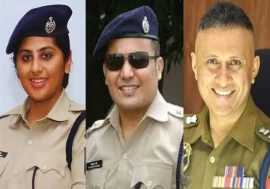
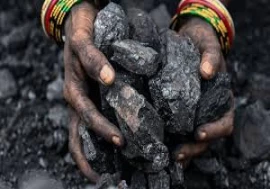
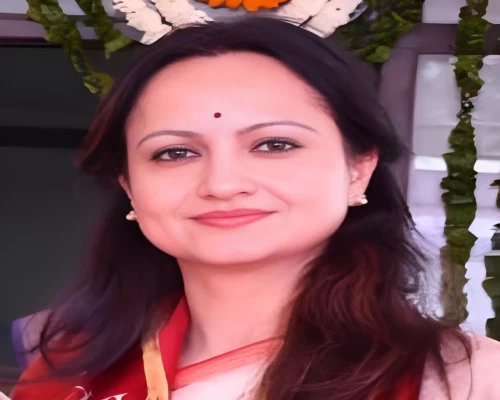
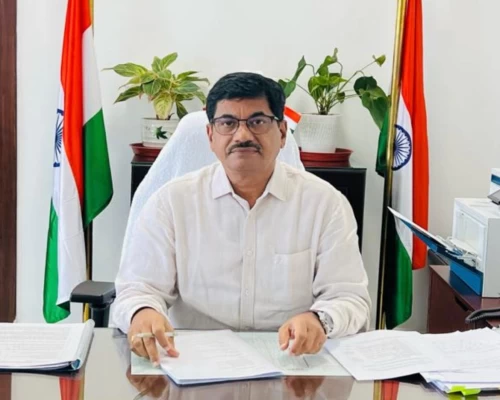
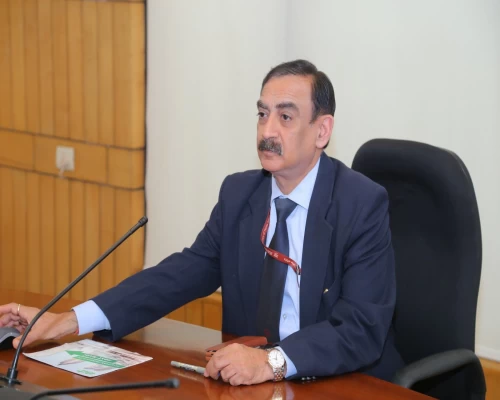
_500_x_400.webp)
